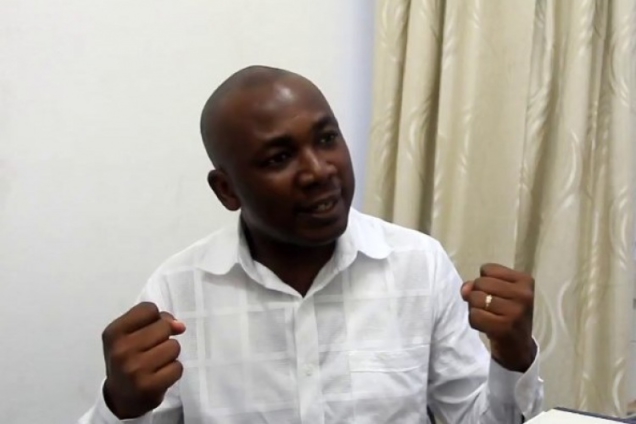An Economist and Finance Lecturer at the University of Ghana Business School (UGBS) says the government’s introduction of a debt exchange programme is the first level of measures to be implemented before Ghana qualifies for an IMF bailout.
According to Prof Godfred Bokpin, there would be more programmes to follow.
“This is not to scare anyone. The debt exchange government announced is just the first level, there would be more to come,” he stated.
According to him, “there would be exchange with non-tradable government debt, there would be some other fiscal adjustment that would have to be made beyond what is in the 2023 Budget.”
Speaking in an interview on Joy FM's Top Story on Monday, he explained that his assertion is due to the fact that the level of adjustment that needs to be made to attain sustainability in the debt levels is enormous.
“Because across almost all the debt sustainability dependency indicators, we are trending in some cases more than 40% above the policy dependency threshold in the baseline estimation.”
"Unfortunately, what makes it sad is the lack of disclosure and transparency on the part of our government and their lack of consultation, coming with clean hands, honesty, humility to say that this is the extent of the problem. I need all of you to come on board. Look, the government has adopted an approach like they more or less want to ambush the market. It doesn't help," he explained.
Prof. Bokpin added that, “assuming government was to have its way and even suspend interest payment across all its instrument –treasury bills, bonds etc and even include external debt servicing obligation as captured in the 2023 Budget, approximately 63 billion cedis, it will not be enough.”
According to him, per the analysis, the primary surplus the country needs to record in the next five years to climb back to a sustainable level is averaging 6.4 million dollars.
“If you look at that current exchange rate, you are looking at something in excess of 75 billion cedis. So that tells you that the level of savings that have to be made on annual basis to bring the debt to a more sustainable level is huge,” he said.
Latest Stories
-
GBC accuses Deputy Information Minister Sylvester Tetteh of demolishing its bungalow illegally
16 seconds -
Boost for education as government commissions 80 projects
11 mins -
NAPO commissions library to honour Atta-Mills’ memory
22 mins -
OmniBSIC Bank champions health and wellness with thriving community walk
24 mins -
Kora Wearables unveils Neo: The Ultimate Smartwatch for Ghana’s tech-savvy and health-conscious users
28 mins -
NDC supports Dampare’s ‘no guns at polling stations’ directive
31 mins -
Police officer interdicted after video of assault goes viral
48 mins -
KNUST’s Prof. Reginald Annan named first African recipient of World Cancer Research Fund
49 mins -
George Twum-Barimah-Adu pledges inclusive cabinet with Minority and Majority leaders
2 hours -
Labourer jailed 5 years for inflicting cutlass wounds on businessman
2 hours -
Parliament urged to fast-track passage of Road Traffic Amendment Bill
2 hours -
Mr Daniel Kofi Asante aka Electrician
2 hours -
Minerals Commission, Solidaridad unveils forum to tackle child labour in mining sector
2 hours -
Election 2024: Engagement with security services productive – NDC
2 hours -
Retain NPP for the good of Ghana – Rebecca Akufo-Addo
2 hours

